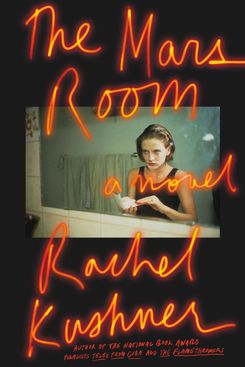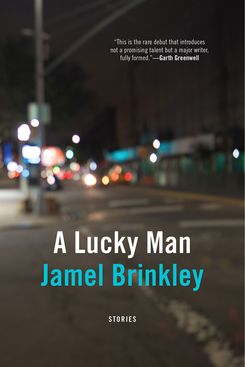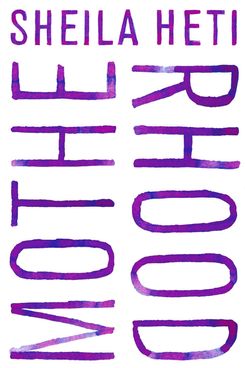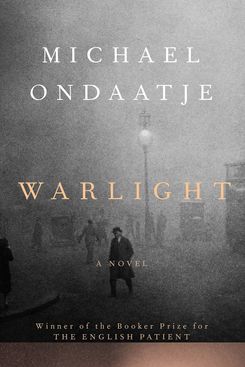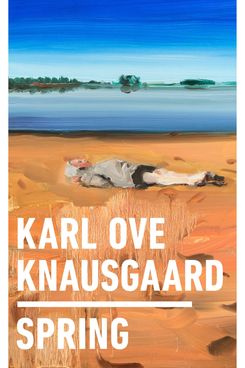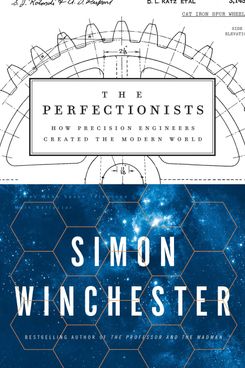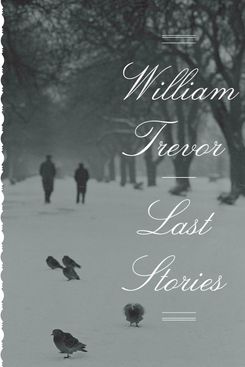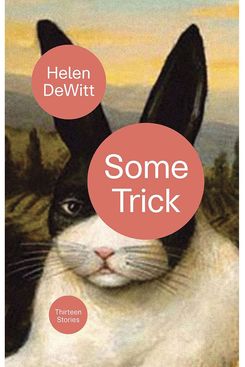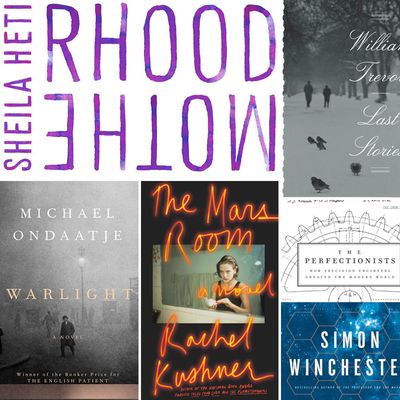
Each month, Boris Kachka offers nonfiction and fiction book recommendations. You should read as many of them as possible.
The Flamethrowers, KushnerÔÇÖs glorious novel, had flashes of dark violence (it was about ÔÇÿ70s radicals), but also romance, idealism, and virtuosic writing. Her new novel, set in largely in a womenÔÇÖs prison and centered on a San Francisco stripper with a horrific past, mines a segment of American society thatÔÇÖs grown up with almost no room to maneuver, no physical or spiritual escape. KushnerÔÇÖs writing is brutal and spare, but she never condescends; even her most pitiable or evil characters make choices, have minds, entertain hopes. She renders them visible, then compels us to look.
Writers have lately addressed race with funny twists and surreal tropes ÔÇö but not Brinkley, whose debut collection of stories lays out deeply realistic characters (mostly black men in Brooklyn and the South Bronx). The star of the title story is a janitor who muses on his reputation for good fortune; older African Americans in ÔÇ£CliftonÔÇÖs PlaceÔÇØ confront the onslaught of ÔÇ£revitalizationÔÇØ; an ex-con considers embarking on a new life with an old friendÔÇÖs widow. Their very different struggles are all complicated by race and all in some way about coming of age ÔÇö whatever age that happens to be.
The title of HetiÔÇÖs latest work of autofiction ÔÇö a fashionable hybrid of essay, memoir, and novel ÔÇö should properly end in a question mark like her last book, How Should a Person Be? The Heti-an narrator, gliding into her late thirties and partnered to a man with a pre-existing daughter, contemplates whether to bear children and upend her writing life. HetiÔÇÖs aggressively ruminative avatar documents parenthood in her demographic as though it were a distant continent in a world without jet travel: the crossing would be perilous and irreversible, and require a lot of unpacking.
The English Patient fans wonÔÇÖt be disappointed in OndaatjeÔÇÖs latest big-canvas narrative of life on the outskirts of a global conflict. What they might have forgotten is how good the author is at surprising shifts of perspective. Warlight starts in England at the close of World War II, when NathanielÔÇÖs mother and father flea to Singapore, leaving the teenage boy and his sister in the care of neo-Dickensian rogues. But when their motherÔÇÖs secrets eventually tumble out (she returns to England to fight the first salvos of the Cold War), the novel both deepens and accelerates.
Whereas KnausgaardÔÇÖs world-famous semi-nonfictional six-part series My Struggle took off from the very first sentence, his new quartet of seasonal books only really gets going in this third installment. Following the essayistic jottings of Autumn and Winter, Spring is more or less a return to form ÔÇö an excessively detailed evocation (in a good way) of quotidian experience, particularly the raising of a young daughter alongside a bipolar partner. Bonus ÔÇö this one actually kind of has a plot. You might almost call it a novel, though the master of ÔÇ£slow fictionÔÇØ probably wouldnÔÇÖt.
The great and prolific popular historian illuminates a rather technical field that really did change the world ÔÇö as when John Wilkinson perfected iron-boring, turning James WattÔÇÖs janky steam engine into a device that reordered the planet. Winchester, whose father was a precision engineer, skirts the legendary inventors in favor of people who either perfected machines or scaled them up ÔÇö acts that could actually pull in opposite directions. Winchester juxtaposes Henry FordÔÇÖs mastery of interchangeable parts with the limited-edition hand precision of the Rolls Royce ÔÇö both exemplars, in different ways, of capitalism at its best and worst.
The master miniaturistÔÇÖs final stories, written before his death in 2016, were among his darkest. A morbid pall looms over even his stories of coupling, in which motives are generally transactional and never pure. People use and misuse and steal from each other: a prostitute swipes an amnesiacÔÇÖs savings, a woman conceals her disabled cousinÔÇÖs death to keep collecting the pension. But thereÔÇÖs always comedy, as well as TrevorÔÇÖs genius for compression and sly wit ÔÇö and in the end, a sympathy for both victims and perpetrators that enlarges our consciousness of internal lives.
The brilliant author famously followed up her cult-hit debut, The Last Samurai, with a slow-burn breakdown as her second novel (Lightning Rods) almost fell victim to a publishing merger. Here she finally takes her revenge, with thirteen ornery but self-aware stories about the vultures who tear apart our culture. Artists resist the money-changers via the art of self-sabotage, which ranges from craven capitulation to, say, an unhealthy obsession with mathematical formulas. ThereÔÇÖs some bitterness here but no sanctimony, because the author is almost as funny and self-deflating as she is smart ÔÇö which is saying a lot.


